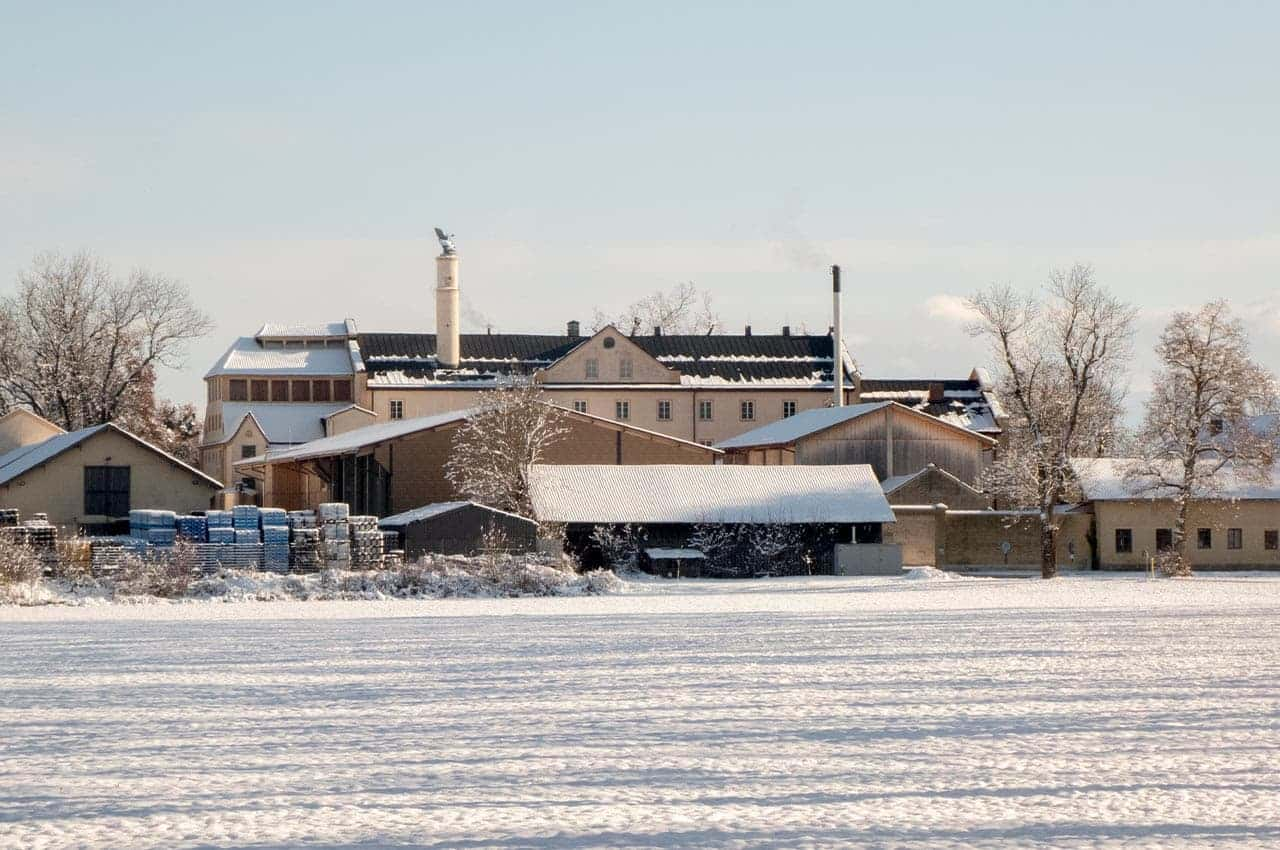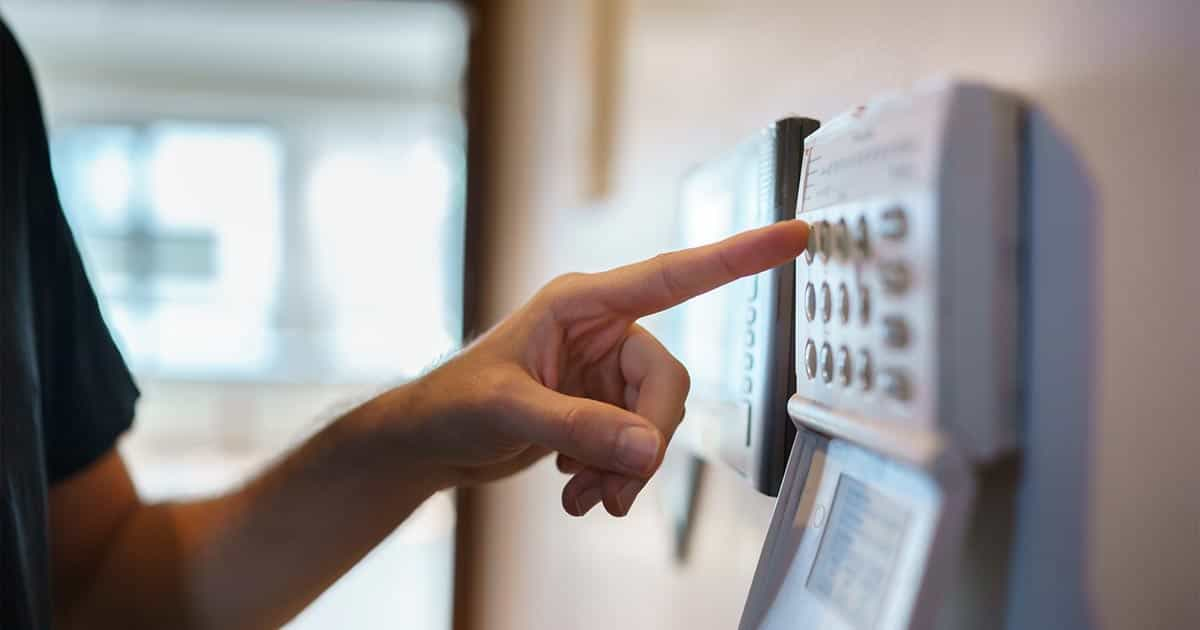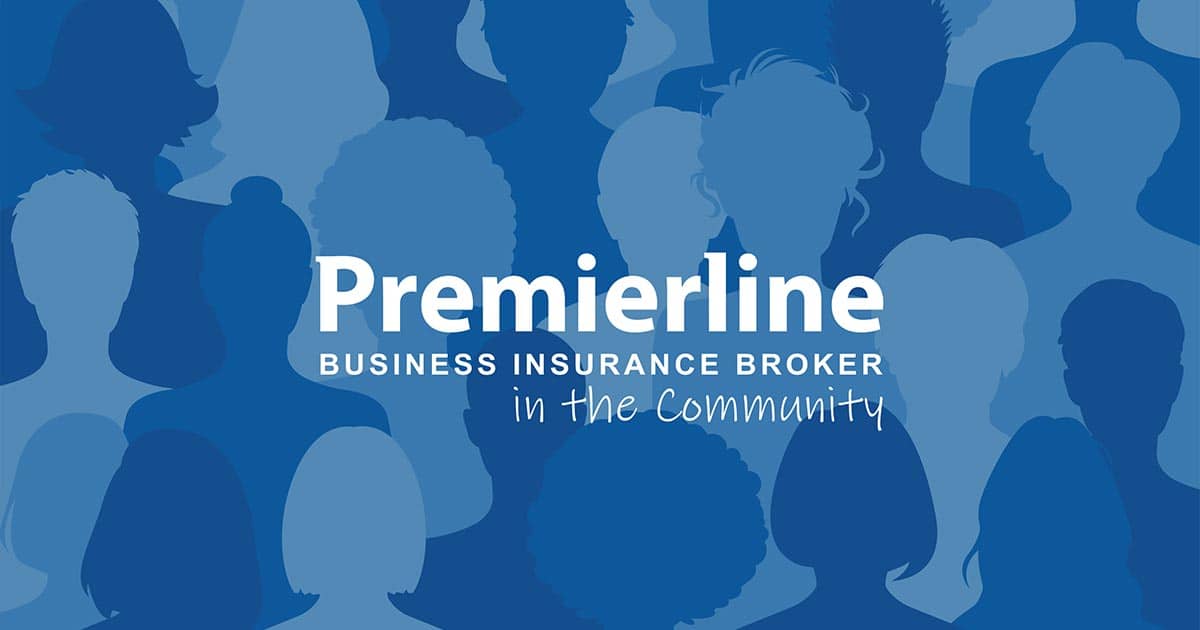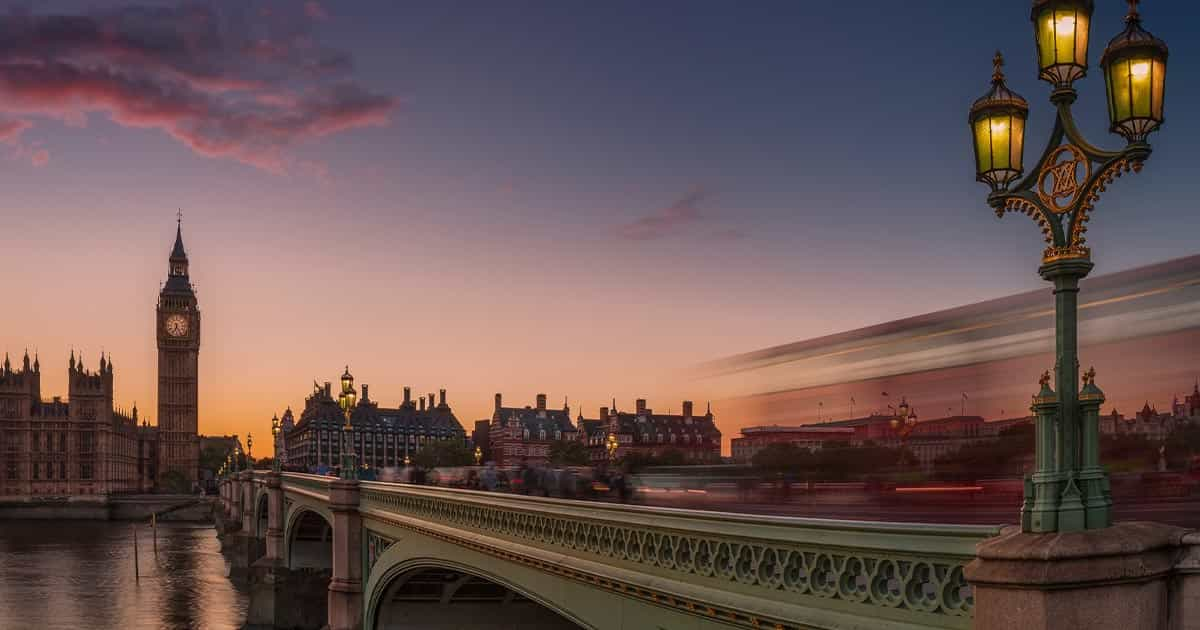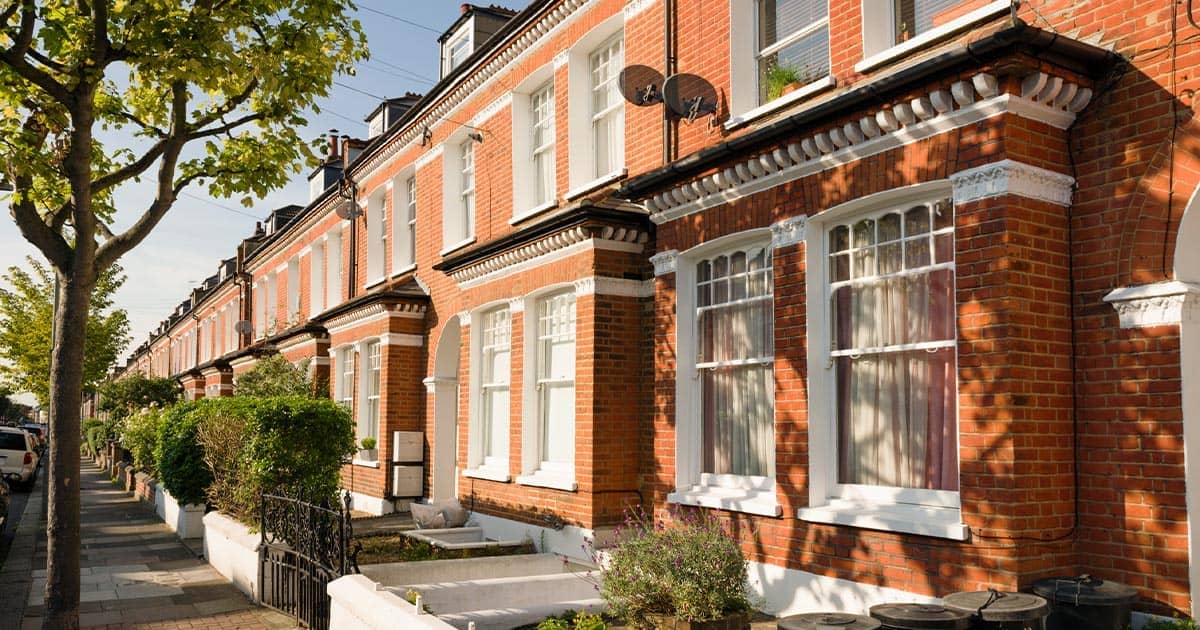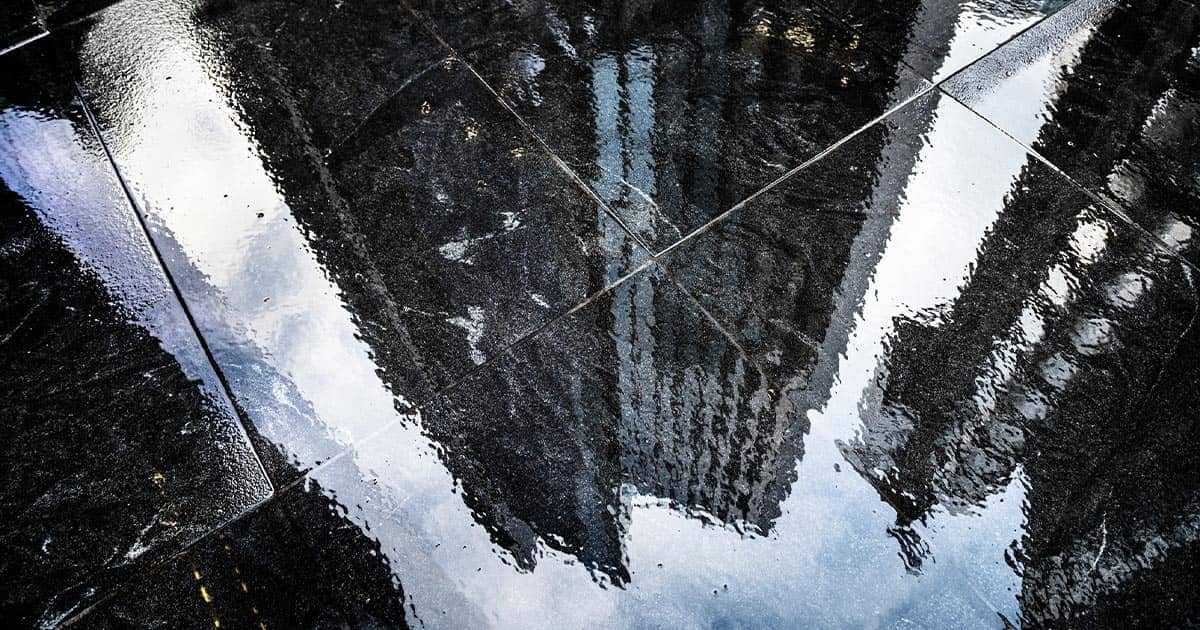COVID-19 has caused widespread disruption to many businesses around the country, who have had to either furlough employees, or have them working from home.
This had led to many commercial properties becoming unoccupied for several months at a time, and whilst the end of the pandemic is in sight with the vaccine becoming available, businesses will still have unoccupied premises during the winter months, where the cold can cause damage to property if left unchecked.

